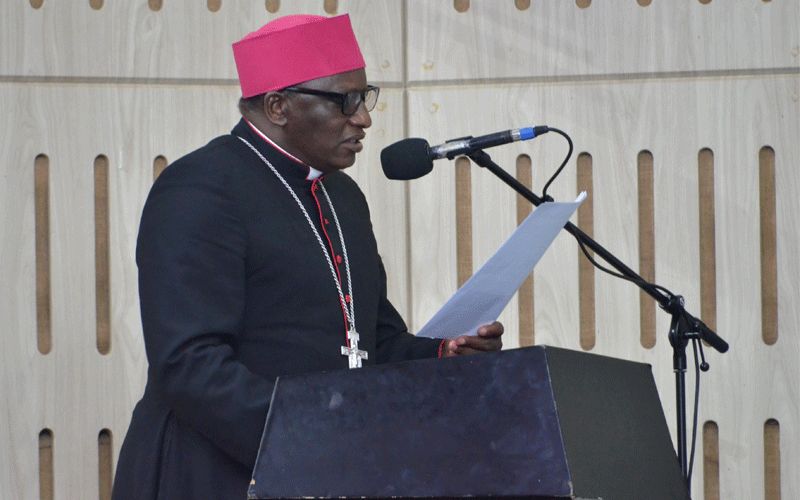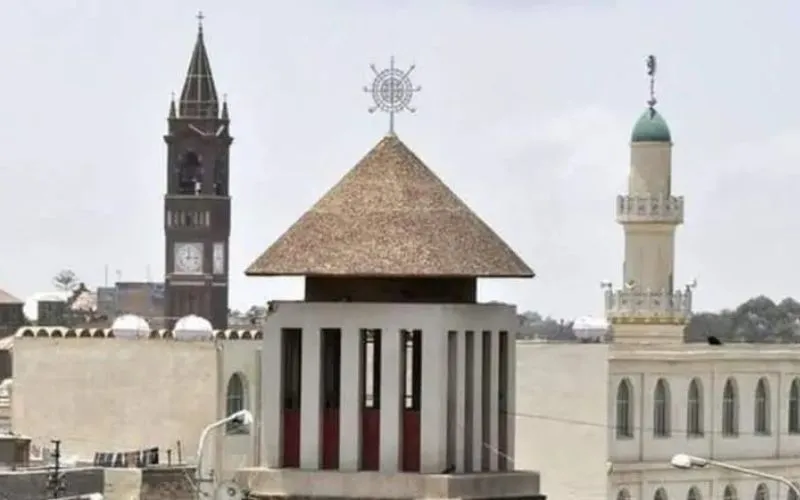Embu, 08 July, 2020 / 10:30 pm (ACI Africa).
The Bishop overseeing the Commission for Education of the Kenya Conference of Catholic Bishops (KCCB) has encouraged students to continue undertaking educational and creative activities at home following the announcement that schools in the East African country will remain closed until January 2021 at the earliest due to COVID-19.
“To our dear learners, I humbly ask them to continue studying at home. They know the material they are supposed to cover in primary as well and as in secondary. Hence, they should continue reading and revising,” the Chairman of KCCB’s Commission for Education and Religious Education, Bishop Paul Njiru Kariuki told ACI Africa in an interview.
He added during the Wednesday, July 8 interview, “Let them have time to play and relax and engage themselves in valuable things like helping their parents in doing housework, farming, cleaning the home compound, looking after domestic animals, etc. There is a lot that can be done.”
Since March 15, learning institutions in Kenya have been closed because of the coronavirus pandemic. On Tuesday, July 7, Kenya’s Education Cabinet Secretary (CS), Prof. George Magoha announced that schools will remain closed until January 2021.
The CS also announced the cancellation of the final year exams for secondary school students and primary school pupils usually taken in October and November respectively. Learners would also repeat a year since schools closed only three months into the school calendar.








